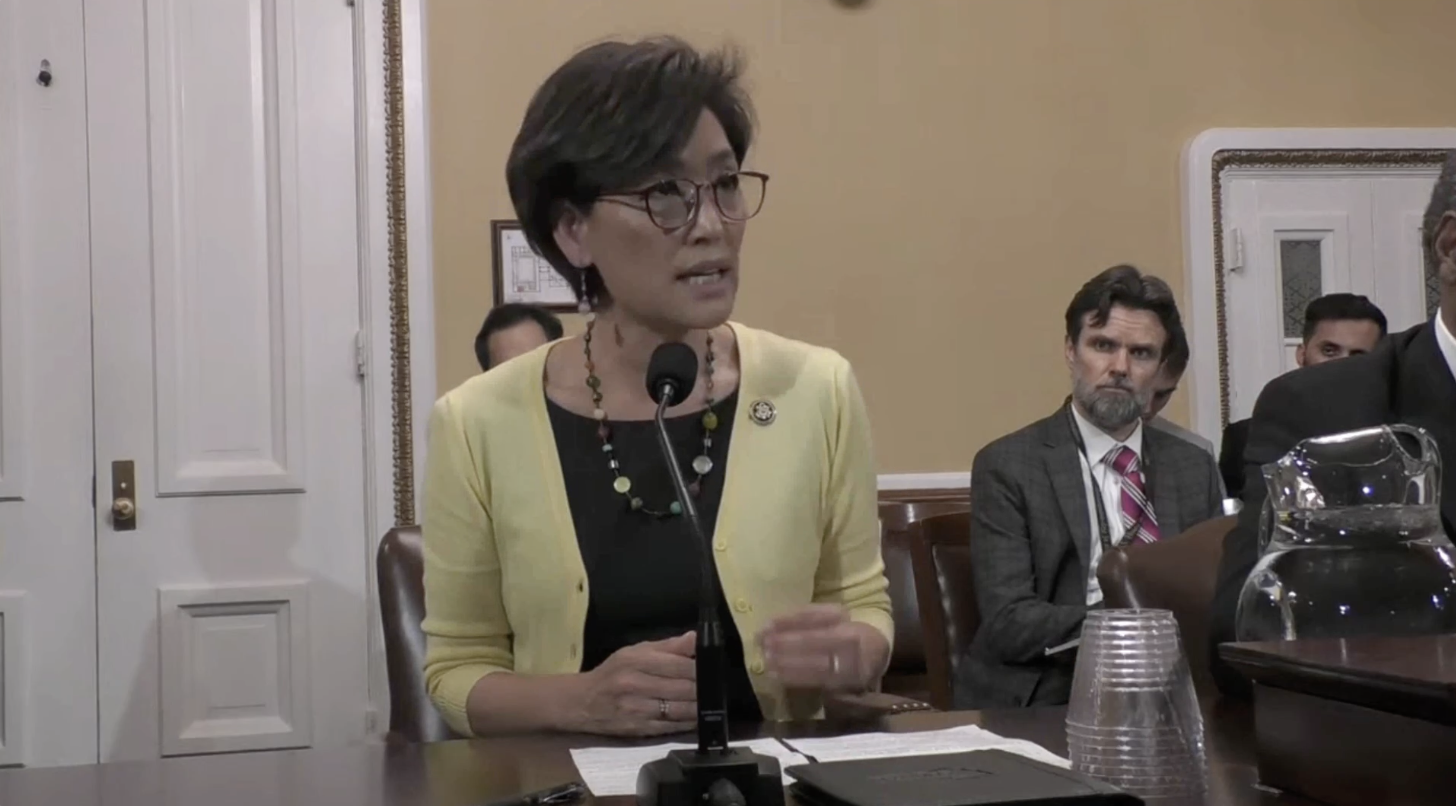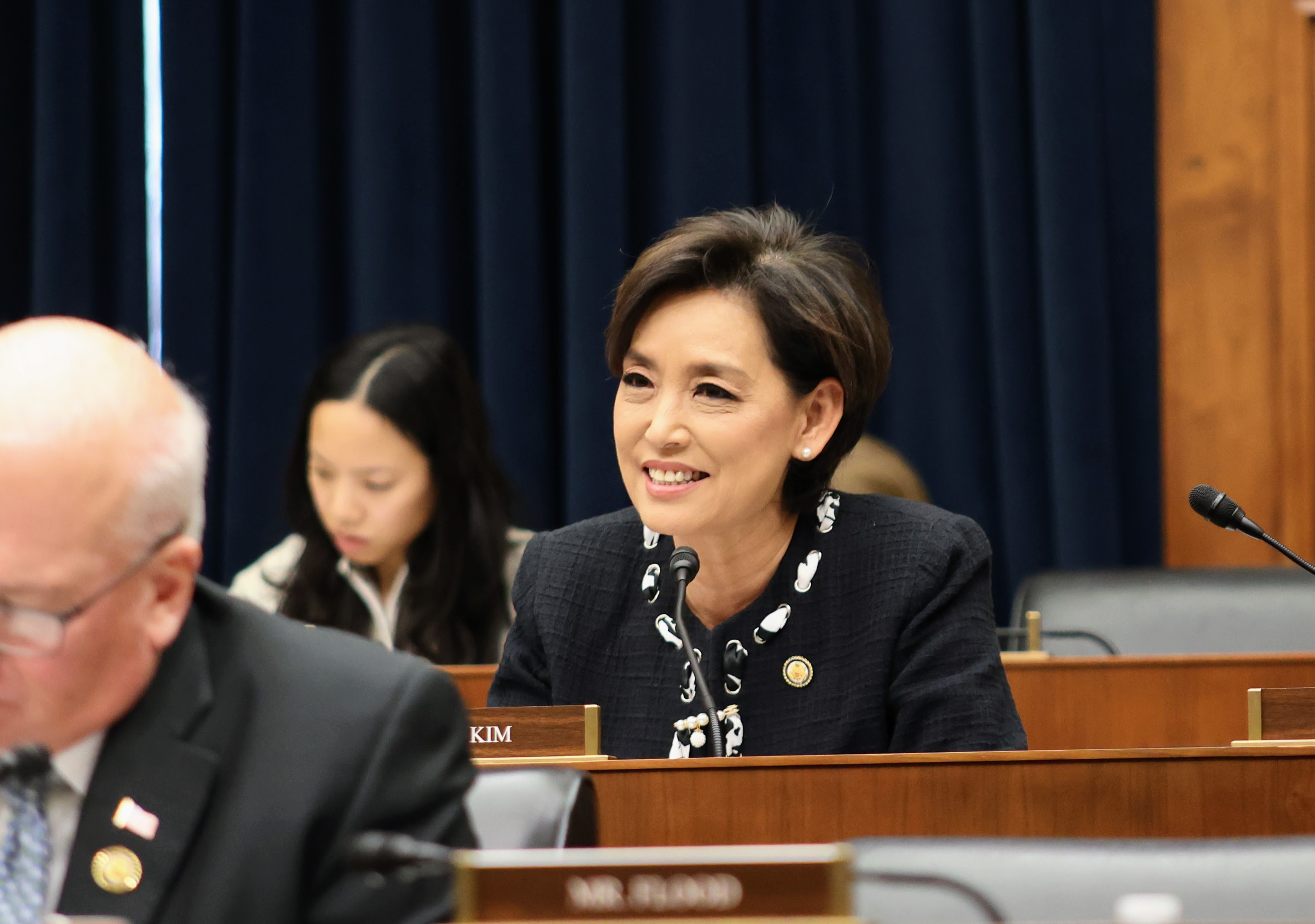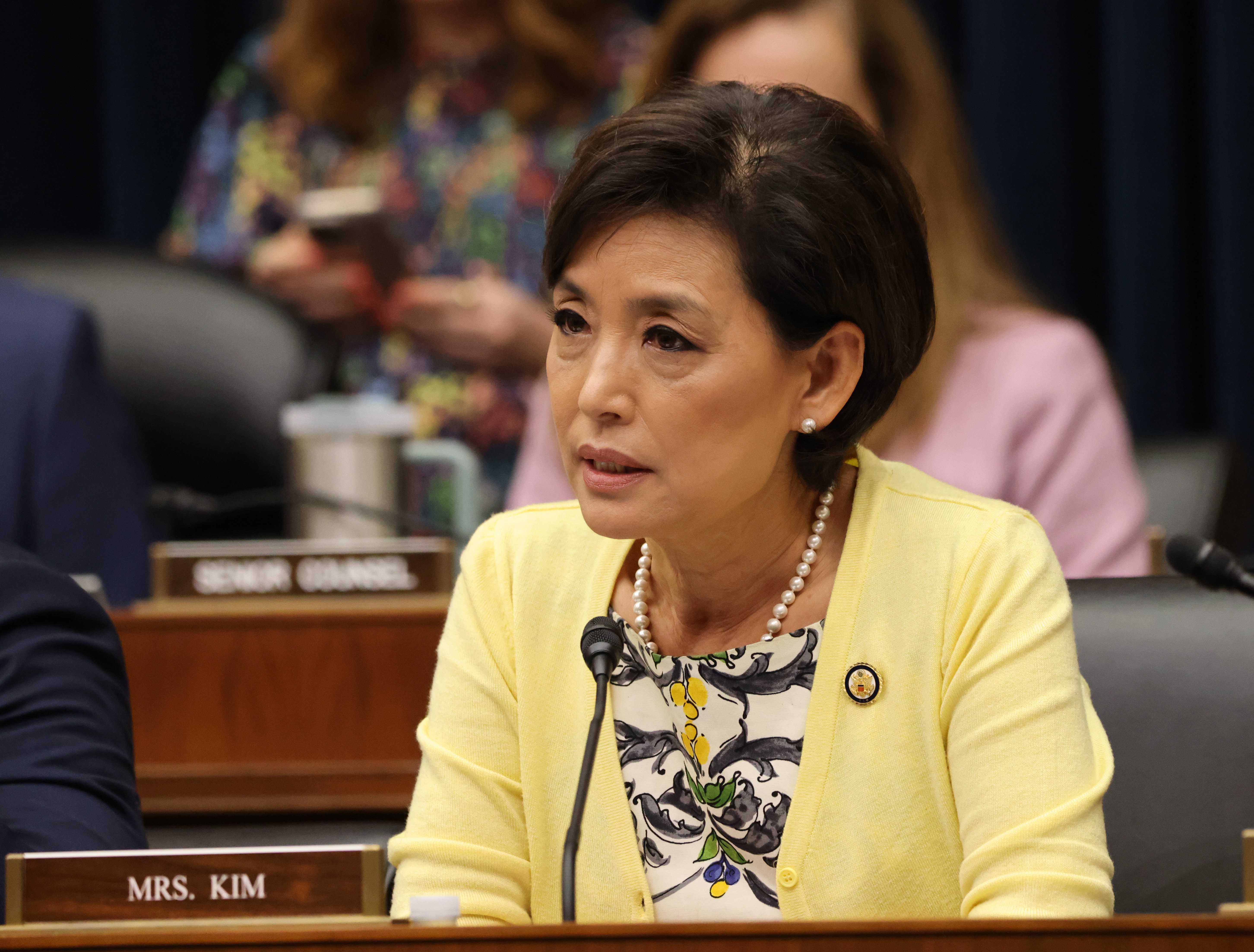Washington, DC – Today, U.S. Representative Young Kim (CA-40) testified at the House Rules Committee in support of her bill, H.R. 6323, the Iran Counterterrorism Act of 2023.
H.R. 6323 requires Iran to cease support for acts of international terrorism as a condition for the President to waive secondary sanctions imposed on the regime in Tehran. The bill also provides for a congressional review process for national security interest waivers of these sanctions, if Iran continues its support for global terror.
Watch Rep. Kim’s testimony here and read her remarks below.
I want to thank the Chairman and the Members of the Rules Committee for considering H.R. 6323, the Iran Counterterrorism Act.
Israel is confronting a critical moment as it fights for its right to exist. Iran and its proxies continue to attack our greatest ally in the middle east and the lone democracy in the region.
As a key financial supporter of Hamas, Iran has sought to indirectly wage war against our Israeli allies. This was demonstrated by Hamas’s barbaric attack on October 7.
Now Iran’s hostility has become direct. Last weekend, Iran attacked Israel with drones and missiles launched from Iranian soil. This shows how the ayatollahs are seeking to open up another front as Israel fights for survival.
Iran’s aggression underlines the need for greater congressional oversight when the Executive Branch waives U.S. sanctions on Tehran. That is the focus of H.R. 6323.
Under current law, the United States imposes “secondary sanctions” against foreign financial institutions that do business with blacklisted Iranians. However, using the law’s waiver authority, President Biden eased some of these sanctions last September.
Just as Hamas was preparing its assault, the Biden Administration greenlit the transfer of $6 billion in Iranian funds in exchange for the release of five American hostages. The waiver did nothing to deter Iran from its continued attempts to destroy Israel.
H.R. 6323 does not affect past waivers, but it will help ensure that waiver authority cannot be abused. This bill would require Iran to end its support for international terrorism before another waiver could be invoked.
If Iran continues to fund terror, and the White House seeks a sanctions waiver, this legislation will give Congress a period to review that action. It will also give Congress an opportunity to reject a misguided waiver. This is commonsense.
The bill does not discriminate between Republican and Democratic Administrations. Any President that wishes to facilitate Iran’s access to the global financial system will have to notify Congress 30 days in advance, or 60 days if the period overlaps with the August district work period.
The review period will allow Congress to examine the merits of the waiver and pass a joint resolution of disapproval under expedited procedures, which would prevent the waiver from taking effect. Alternatively, Congress can choose to support a waiver or not to act at all—in both of those cases, the waiver would go forward.
H.R. 6323 does not prejudge future waivers. It simply gives Members a say before Tehran can get its hands on any funds.
This congressional review process is taken from an existing law targeting Russia, the Countering America’s Adversaries through Sanctions Act, which passed the House in 2017 by a vote of 419 to 3. We can all agree that Tehran deserves as much scrutiny as Moscow.
I’ll finish with this, nothing in H.R. 6323 affects existing sanctions exemptions for food, medicine, and medical devices. These are blanket exceptions that Congress has already built into the sanctions laws we are discussing, and nothing in this legislation would change that.
The Financial Services Committee passed this legislation in November by a bipartisan vote of 30 to 19. I am confident that it will receive support from Members on both sides of the aisle if it is considered on the Floor.
I urge all of my colleagues to take action to confront Iran and stand with Israel.
I again want to thank the Committee for its time, and I look forward to Members’ questions.



